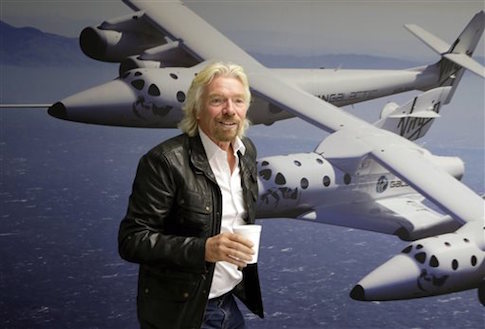Each year, The Economist attempts to forecast the events to come over the next year. The magazine is not particularly good at predicting things, a Washington Free Beacon analysis of The Economist’s "The World in 2014" issue found.
Here are the five worst predictions made by The Economist for the year 2014.
5. The Economist: "Corporate America" will be "on top of the world again"
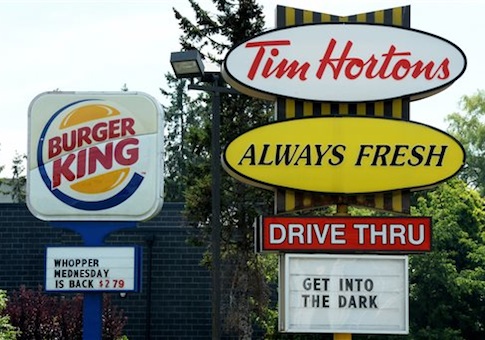
The Economist predicted that 2014 would be the year of American corporate resurgence, "due in part to American policy-makers doing a better job than their peers in Europe."
Instead, 2014 wound up being the year of the corporate inversion, as a number of U.S. corporations looked to move their headquarters overseas to avoid the 35 percent corporate tax rate, which remains the highest in the world. The Obama administration issued new regulations to curb further inversions.
If American policy-makers wanted to get corporate America back on top again, they would reform the tax code that makes it difficult for U.S.-based companies to run a successful global business.
4. The Economist: Media at Sochi Olympics "will be dominated by protests against Russia’s intolerance of gays"
The Economist predicted that 2014 Winter Olympics "media coverage will be dominated by protests against Russia’s intolerance of gays" and "Sochi will be seen as a monument to corruption."
Not so much.
Once the games began, NBC began to look "an awful lot like a Russian propaganda network," wrote the Daily Caller’s Jamie Weinstein.
Bob Costas’ coverage of Putin portrayed him in the "best possible light," and credited him as the statesman responsible for preventing an American airstrike on Syria and bringing the Iranian government to the nuclear negotiating table.
3. The Economist: "The coming year will surely be better for most of the Arab world"
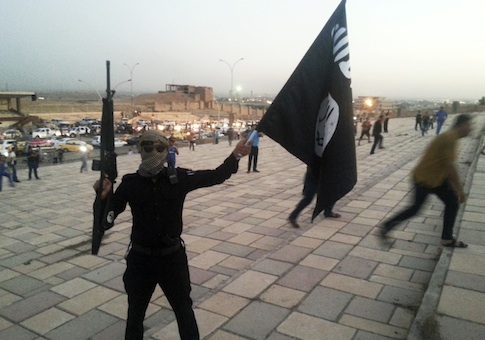
It was not a quiet year in the Middle East. Palestinian terrorists in the Gaza Strip rained 4,564 rockets on Israel. The Islamic State controls an unprecedented amount of territory. The Middle East was home to the top five deadliest locations for journalists.
It was posited by The Economist that "the civil war in Syria may start to burn itself out."
It rages on.
2. The Economist: "In 2014 the balance will shift … America will look stronger and China will look less alluring"
The Economist led its U.S.-circulated magazines by predicting that the days of a bold China "asserting its rights in Asia" and of a defensive Obama retreating from responsibility around the world were over.
The Economist could not have been more wrong.
In 2014, China has outfitted its military for an advantage over the United States, developed a growing nuclear arsenal with technology that could penetrate U.S. strategic missile defenses, and continued its aggressive saber rattling in the South China Sea.
China has also offered to help Russia through its current economic difficulties, in an apparent effort to "wean the world off" the U.S. dollar.
America, on the other hand, remains in retreat.
1. The Economist: "Virgin Galactic’s first SpaceShipTwo commercial flights will make history"
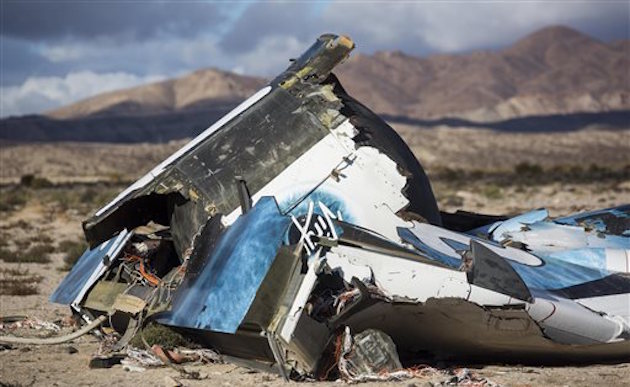
The Economist gave Sir Richard Branson a full page to predict that Virgin Galactic would launch its first commercial space flight in 2014, and that the SpaceShipTwo flight "will define the 21st century in the way that commercial aviation defined the century before."
"We will show that it is possible for a private firm to give thousands of people the full astronaut experience, safely and within a commercially viable framework," Branson wrote in The Economist.
SpaceShipTwo crashed in October, killing one of its test pilots.
Many blamed predictions such as the one Branson penned in the magazine for the crash, with the head of operations at Virgin Galactic saying that Branson was the ultimate "impatient customer."
Branson has been notoriously bad at predicting things regarding space flight. In 2009, Branson stated that Virgin Galactic was "literally hoping to send thousands of people into space over the next couple of years."
The Economist giving Branson a full page to make yet another disastrous prediction is a testament to the quality of the World in 2014 issue.
###
BONUS: The Economist’s "Just Possibly" Section Was Also Awful
"The World in 2014" issue is also littered with "just possibly" predictions. These shots in the dark didn’t turn out too great either.
Here are a few:
The Economist: "The men’s soccer team reaches the World Cup final for the first time."
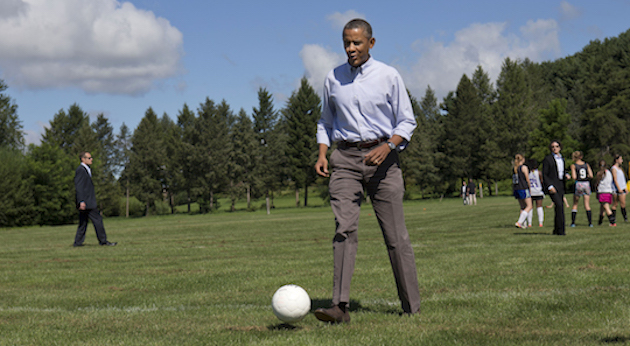
Verdict: No, they were humiliated by the Belgians.
The Economist: "Despite being the Democratic front-runner, Hillary Clinton says she will not stand for president in 2016."
Verdict: Not at all. Though Hillary was the biggest loser of the 2014 election, she will probably announce her campaign for 2016 early next year.
The Economist: "Liu Xiaobo, an imprisoned Nobel peace laureate, is offered his freedom—so long as he leaves the country"
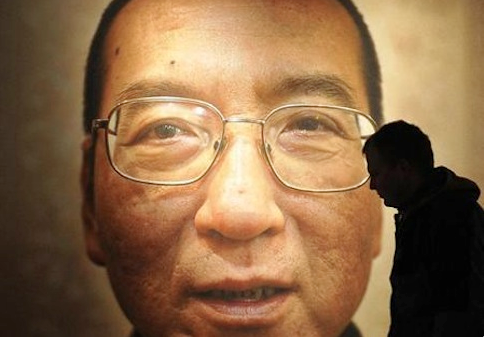
Verdict: No, Liu remains in Chinese jail for promoting democracy.
The Economist: "The United States allows its citizens to travel freely to Cuba"
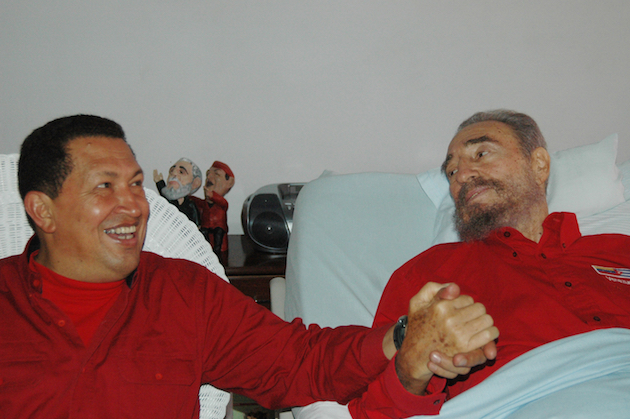
The Economist: "Saudi Arabia at last gives women drivers the green light."
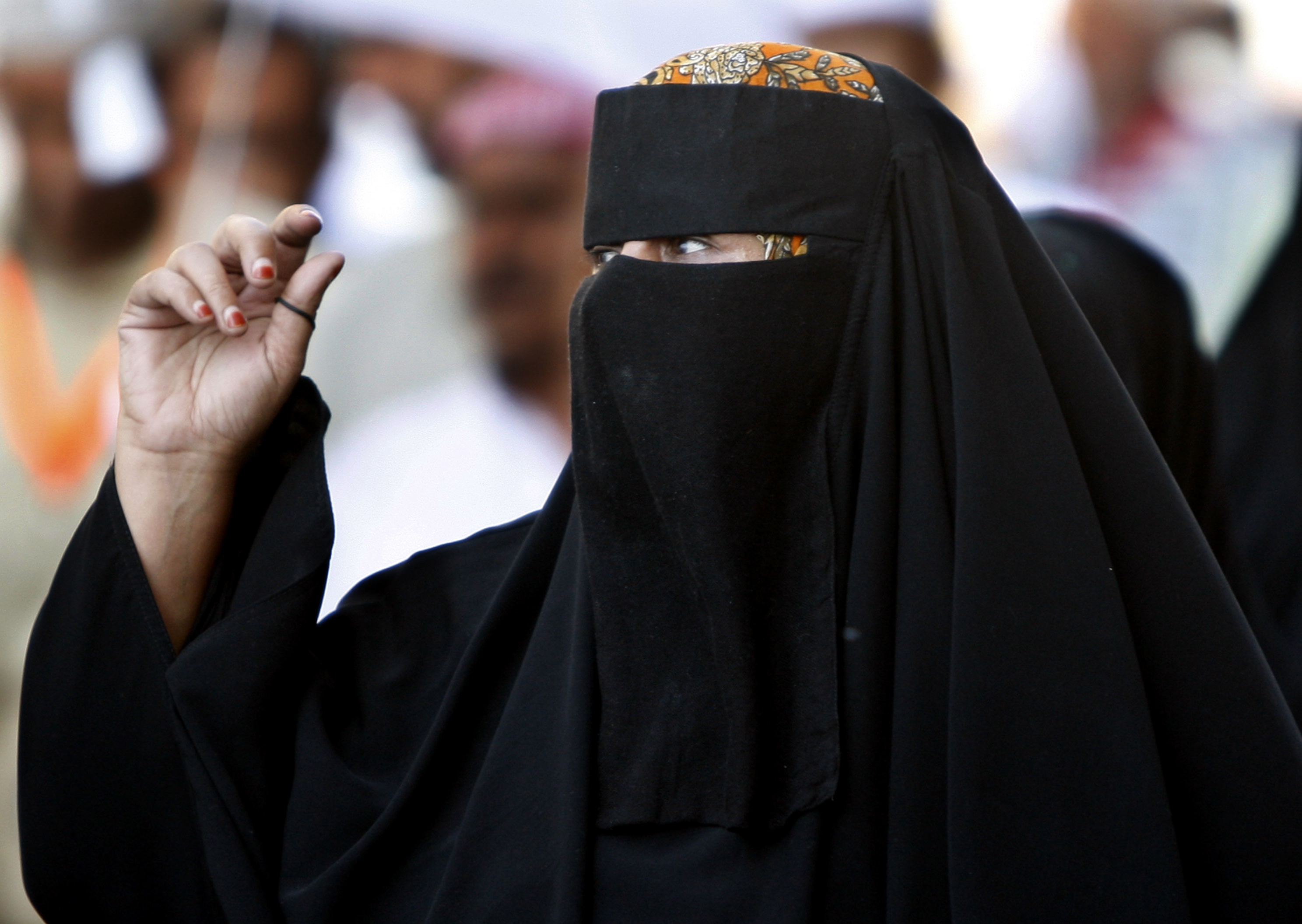
Verdict: No, women still have very few rights in Saudi Arabia, but maybe next year.
The Economist: "Barack Obama makes an historic visit to Tehran for talks on Iran’s nuclear program"

Verdict: Not yet. Though it has become increasingly unclear which side the White House is on, Obama is still yet to travel to Tehran.
